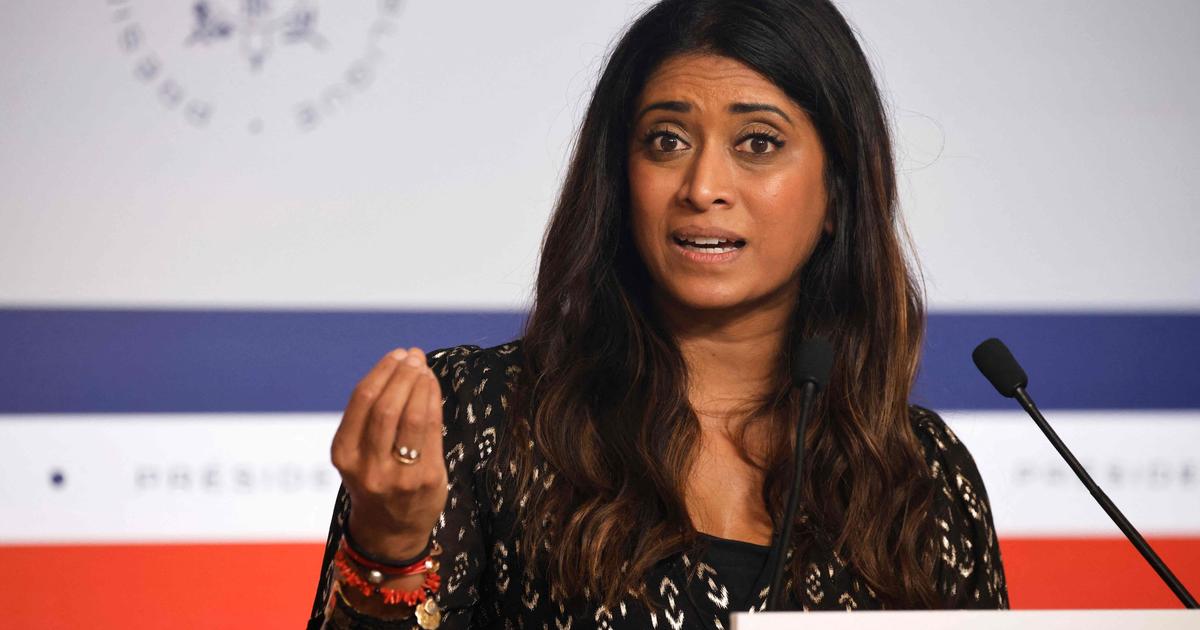Enlarge image
Power line: Consumers should be relieved of high costs
Photo: Jan Woitas / picture alliance / dpa
High electricity costs are causing problems for people in Europe, and companies fear insolvency.
Commission President Ursula von der Leyen has now presented proposals whereby excessive profits from energy companies in the EU will be skimmed off and redistributed in future.
Von der Leyen announced a proposed law against high energy prices in the European Parliament in Strasbourg, which would affect producers of renewable electricity as well as gas and oil companies.
"Our proposal will bring more than 140 billion euros for the member states to cushion the emergency immediately," said von der Leyen.
The money will “benefit those who need it most”.
According to von der Leyen, the proposed law stipulates that excessive profits from many electricity producers should be distributed to consumers in order to relieve them of the high costs.
The price of electricity is currently being driven by the high price of gas, and producers of cheaper electricity - such as from the sun, wind, nuclear power or coal - can also sell it at the high prices.
The background to this is that low-cost electricity producers, for example in the field of renewable energies, make substantial profits because the merit order principle applies to the European electricity market: the price is determined by the most expensive producing power plant, i.e. currently gas-fired power plants.
Companies that do not produce electricity from gas are now supposed to give up part of these profits.
According to the draft, revenue from 180 euros per megawatt hour should go to the state.
Relief measures should be financed from this money.
The federal government is planning similar steps.
Governments are supposed to divert the extra profits skimmed off to support households and businesses.
According to the plans that have been announced so far, the Commission wants to implement this in the form of a regulation, i.e. with a legal act that is binding for all member states.
The Commission plans to officially present its proposal on Wednesday afternoon.
EU energy ministers will then meet again at the end of September to discuss it.
Von der Leyen announced.
that gas and oil companies should also make their contribution through a crisis levy.
According to the draft, they should pay a solidarity levy of 33 percent on profits for the current year, which were 20 percent above the average for the past three years.
Von der Leyen also announced measures to reduce the power consumption of the EU countries as a whole.
According to the draft, consumption at peak times should be reduced by at least five percent.
The EU countries should create incentives for this.
Last Friday, the EU energy ministers also called on the Commission to submit proposals for a price cap for gas and for liquidity support for energy suppliers.
Von der Leyen announced that measures will be developed that take into account the specifics of relationships with suppliers.
The state aid framework will be changed in October to allow for guarantees.
Work is also being done on a long-term reform of the electricity market.
The ministers will meet again in Brussels on September 30th to then decide on the legislative proposals of the EU Commission.
mmq/dpa/Reuters/AFP









